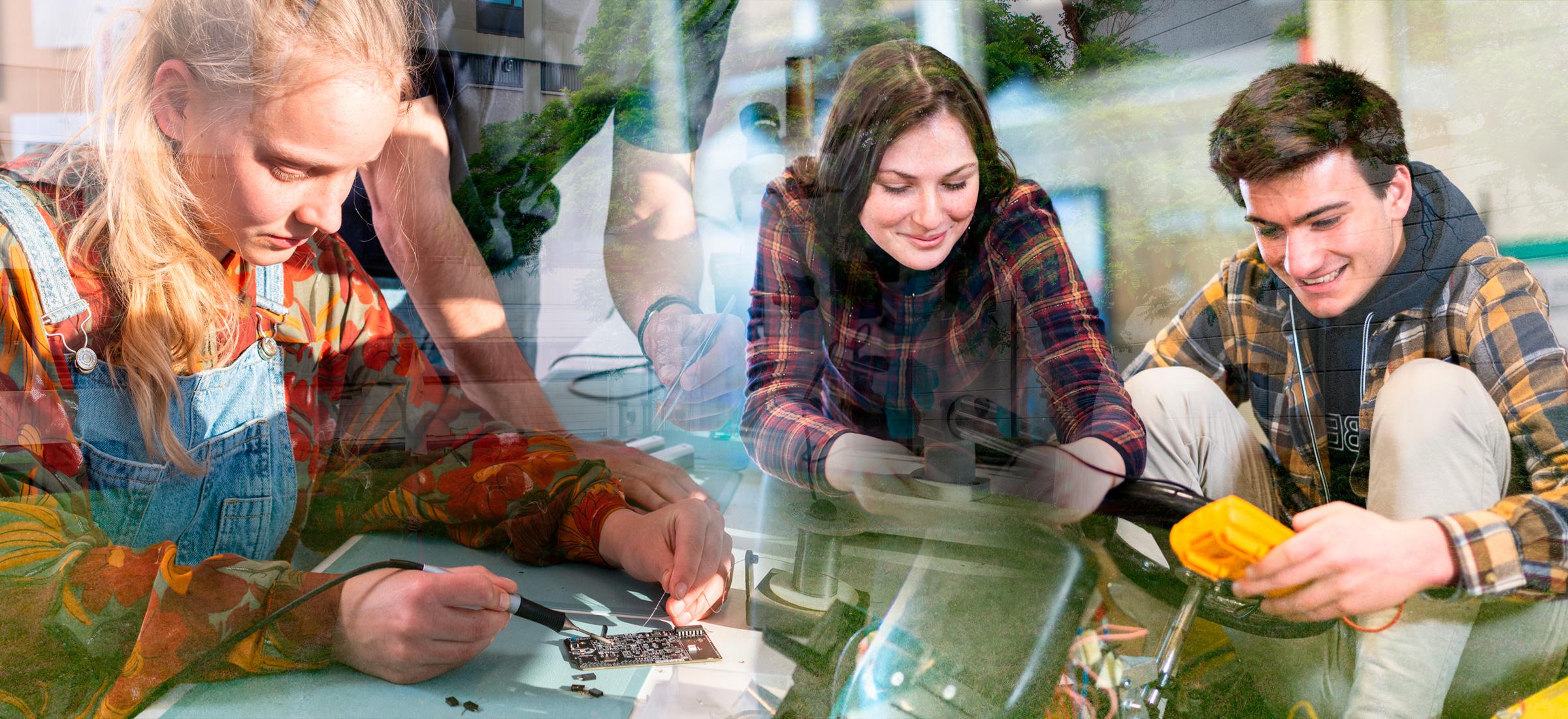
Educational quality of the programme
At VUB, the quality of the education takes centre stage. This isn't something we say lightly: we scrutinise our programmes regularly to align them with changing student needs in a rapidly changing society. Additionally, the engineering programmes in Flanders are audited by an external commission: Commission des Titres d’Ingénieur (CTI, France).
This public information is part of VUB’s quality assurance system and was ratified by the Academic Council on 19/06/2023.
Strenghts of the programme
- Polyvalent programme: the programme starts with common courses on Materials and Chemicals engineering and gradually specializes more in materials science and process technology, which are offered as profiles to choose from.
- Strong scientific foundation: most courses are taught by lecturers active in high-level research in the corresponding field, facilitating the adaptation of course content to the latest scientific developments. Furthermore, a good balance between scientific, technology, and industry-oriented courses characterises both profiles.
- Student guidance: The frequent, easy and intense teacher-student contact, which is facilitated by the relatively small size of student groups, is experienced as stimulating and motivating by the students.
Opportunities
- It is likely that the successful cooperation with the biomedical engineering programme regarding materials and bio- and nanotechnology courses will lead to further opportunities for cooperation.
- Introducing an advisory board, consisting of alumni and work field representatives, would lead to more formalised and regular input for the programme.
Current developments
- The programme organises an alumni-event to reconnect with its graduates and to boost their involvement by gathering their feedback on the programme.
- In order to prepare the students for the safety instructions for different labs throughout the programme, a learning module on lab safety is being set up within the online learning platform.
- To enhance the students’ learning experience the programme is looking into a closer collaboration between courses. This should provide students with a more holistic view and understanding of the interrelation of the subjects in the programme.
Where do we get this information from?
As institution we routinely ask our students to give their honest opinion about the study programme during their academic career. We also consult our professors and assistants and gauge the expectations in the future field of work. We receive structured feedback from our former students and compare our programmes with others at home and abroad. Through a Peer Review every six years an expert panel endorses the programme’s assets and can recommend some actions. Lastly, the Education Quality Council takes a formal decision about the quality and functioning of a programme.
Quality Cycle
Each programme follows a six-year quality cycle. The timeline below shows the schedule for this particular programme.
